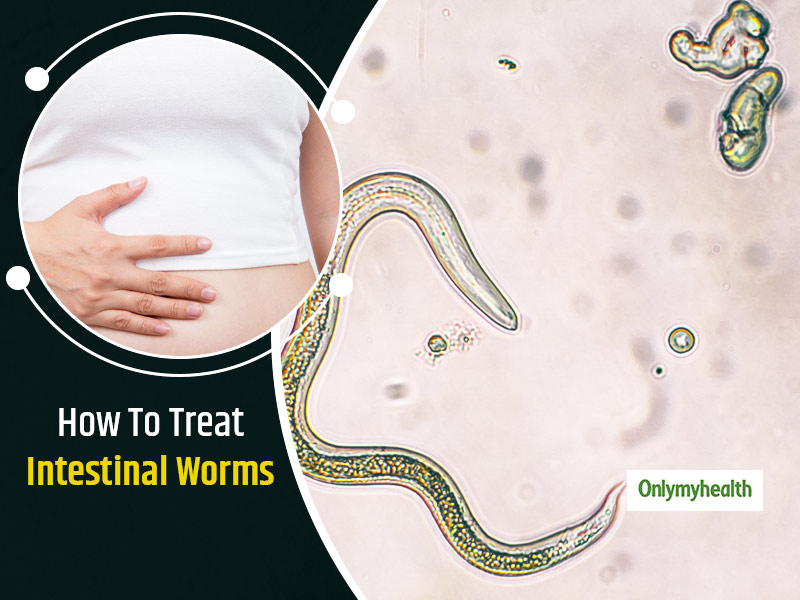
Intestinal worms are intestinal parasites that enter your stomach and cause discomfort. In most cases, these can be easily treated with medicines and may not require a complex treatment. According to WHO, this is a common problem and about 10% of the global population is dealing with these parasitic worms. You must read about these for knowledge and put it to practical use if required.
Table of Content:-
Causes of intestinal worms
These intestinal parasites are also known as parasitic worms. They are mainly of two types: Roundworms(hookworms and pinworms) and Flatworms like(flukes and tapeworms). However, the causes are the same that includes:
- Consumption of contaminated food or water
- Consumption of undercooked meat
- Exposure to contaminated soil or faeces
- Poor hygiene
- Poor sanitation practices
After consuming the contaminated substance, these worms travel to your intestine and multiply. One worm won’t do much harm but when they grow, they trigger intestinal issues.

Symptoms of intestinal parasites
How would one know that intestinal worm(s) has entered your body? Here are some symptoms that you may experience:
- Diarrhea
- Constipation
- Abdominal pain
- Bloating or gas
- Vomiting
- Sudden weight loss
In some cases, a person may also experience dysentery wherein your stool contains mucus and blood. Whereas, there are also some cases identified wherein the person doesn’t show any symptom and the worms are there for years. This implies that symptoms may not be the same.
Also Read: Everything You Need to Know About Stress-Causing Stomach Problems
Who are at risk of getting intestinal worms?
- Small kids are highly likely to develop worms as they are more exposed to the soil where these worms are majorly found. Kids may put their dirty hands in the mouth which makes it easy for the worm to enter the body.
- Older adults who have a week immune system are also at greater risks. Since their body doesn’t have a strong defense against these hostile worms.
- People who live in areas with a contaminated water supply and poor sanitation are also vulnerable to these parasitic worms.
If you see the aforementioned symptoms, you can consult a doctor. The doctor may either prescribe you an oral medicine then and there for normal symptoms or may conduct a stool test to find the density of intestinal worms.
Treatment Methods
In most cases, these worms get eliminated from the body system on their own after a certain time period. This largely happens in people with stronger immunity and a clean lifestyle. They may pass with the stool without causing complications.
Sometimes, taking antiparasitic medicine may help to flush them out. If you see these below-mentioned symptoms, you must consult a doctor:
- Vomiting daily
- Fever with dehydration and fatigue
- Pass blood and mucus in the stool

The doctor would then identify the type of parasite and offer the right treatment. These need to be treated or else these may cause intestinal blockages, anemia and infections. These are highly harmful to pregnant women and their babies.
Also Read: Hand, Foot And Mouth Disease: Symptoms, Causes And Care Tips
Tips to prevent intestinal worms
- Maintain good hygiene practices.
- Drink clean water and eat hygienic food.
- Avoid consuming uncooked or undercooked meat.
- Wash all vegetables and fruits properly.
- Stay away from contaminated surfaces such as soil.
Read More in Other Diseases
How we keep this article up to date:
We work with experts and keep a close eye on the latest in health and wellness. Whenever there is a new research or helpful information, we update our articles with accurate and useful advice.
Current Version
